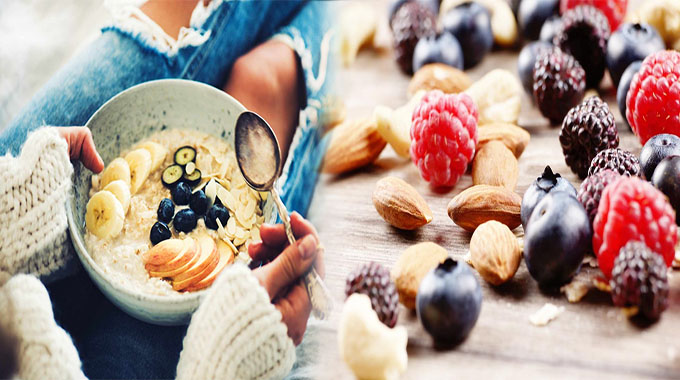Nutrient-dense foods are essential for maintaining overall health and well-being. They provide a wealth of vital nutrients, including vitamins, minerals, fiber, and antioxidants, which are crucial for supporting various bodily functions and promoting better health outcomes. In this article, we will explore the significance of nutrient-dense foods and highlight a selection of key options that can contribute to improved health and vitality.
The Importance of Nutrient-Dense Foods
Nutrient-dense foods contain high levels of essential nutrients in proportion to their caloric content. These foods offer a wide range of health benefits, including better energy levels, improved immune function, enhanced metabolism, and reduced risk of chronic diseases. Incorporating nutrient-dense foods into your diet can have a significant impact on your overall health and contribute to better long-term outcomes.
Key Nutrient-Dense Foods
- Leafy Greens: Vegetables such as spinach, kale, Swiss chard, and collard greens are packed with vitamins A, C, and K, as well as minerals like iron and calcium. They are also rich in beneficial phytochemicals and fiber, which support digestive health and overall well-being.
- Berries: Blueberries, strawberries, raspberries, and blackberries are loaded with antioxidants, particularly anthocyanins and vitamin C, which help combat oxidative stress, reduce inflammation, and support cardiovascular health. Berries are also relatively low in calories and high in fiber, making them an excellent choice for a nutrient-packed snack.
- Fatty Fish: Salmon, mackerel, sardines, and trout are rich sources of omega-3 fatty acids, which are known for their anti-inflammatory properties and their role in supporting heart and brain health. These fish varieties also provide high-quality protein, vitamin D, and essential minerals like selenium.
- Nuts and Seeds: Almonds, walnuts, chia seeds, flaxseeds, and pumpkin seeds are nutrient-dense foods rich in healthy fats, protein, fiber, and a variety of vitamins and minerals. Consuming nuts and seeds can help lower cholesterol levels, regulate blood sugar, and promote satiety.
- Whole Grains: Foods like quinoa, oats, brown rice, and whole grain bread are excellent sources of fiber, B vitamins, and essential minerals. Whole grains provide sustained energy and support digestive health, making them a valuable addition to a nutrient-dense diet.
- Legumes: Beans, lentils, and chickpeas are nutrient-dense plant-based protein sources that offer a combination of fiber, vitamins, minerals, and antioxidants. They contribute to lower cholesterol levels, improved blood sugar control, and enhanced gut health.
Incorporating Nutrient-Dense Foods into Your Diet
To maximize the benefits of nutrient-dense foods, aim to incorporate a variety of these options into your daily meals and snacks. Emphasize colorful fruits and vegetables, include sources of lean protein and healthy fats, and choose whole grains over refined alternatives. Additionally, practicing mindful eating and savoring the natural flavors of these nutrient-dense foods can enhance your overall dining experience while providing long-term health benefits.
By prioritizing the consumption of nutrient-dense foods, individuals can significantly improve their overall health outcomes and reduce the risk of chronic diseases. These foods not only provide essential nutrients but also support various aspects of health, from immune function to cardiovascular wellness. Incorporate a diverse array of nutrient-dense foods into your diet to cultivate a healthier and more vibrant lifestyle.
Remember that small changes in your dietary habits can lead to significant improvements in your overall health. By embracing the power of nutrient-dense foods, you can nourish your body and pave the way for better health outcomes and long-lasting vitality.














